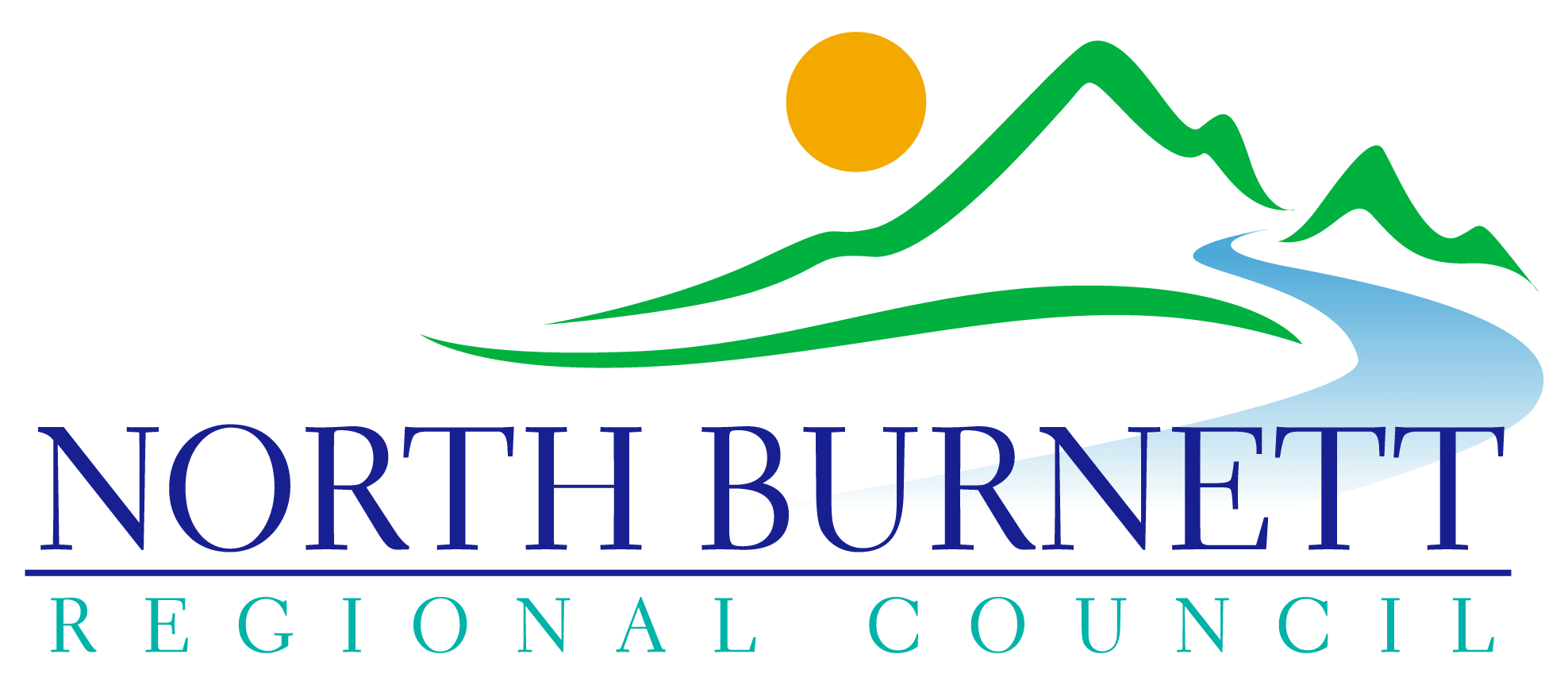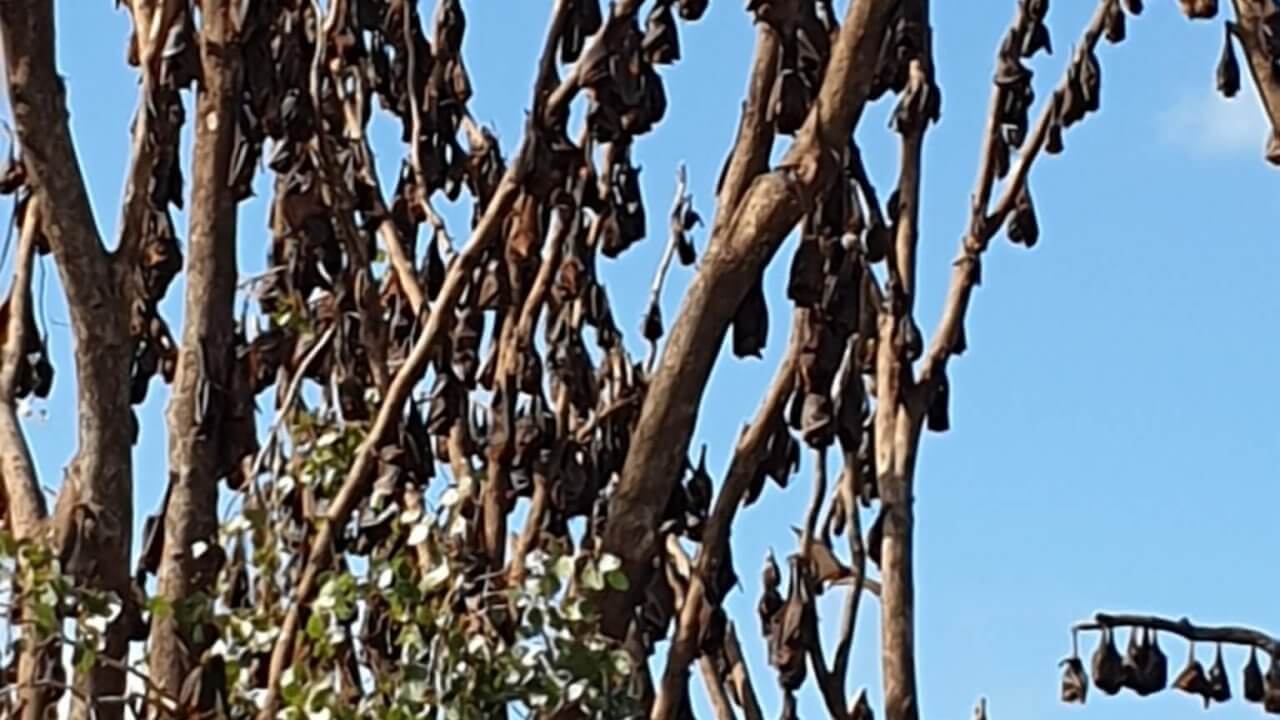Roosting flying foxes are once again in Council’s spotlight. Council is working with the Department of Environment and Science to monitor a significant colony of Little Red flying foxes on the outskirts of Mundubbera.
This colony of flying foxes is increasing in size and creeping closer to Mundubbera township.
“Flying foxes are protected by legislation and there are limits to what Council and residents can do to entice them to move on,” Mayor Chambers explained.
“Given that this colony is continuing to expand, the possibility exists that the flying foxes could end up in backyards if disturbed. Residents can be proactive in discouraging flying foxes to roost in their backyard by applying for a 20m flying fox dispersal buffer around their home.”
Disturbing flying foxes will increase the health risk to the community, so it’s important for residents to be aware, keep a safe distance and do not touch bats or flying foxes – even when they appear to be deceased.
Council is encouraging residents who are concerned about flying foxes roosting on their property to apply for a flying fox dispersal buffer around their homes
A 20m flying fox dispersal buffer around your home will allow you to discourage bats and flying foxes to land by shining spotlights into trees and/or creating small, smoky fires between 4am and 7am.
If you would like to apply for a buffer, please email the following details to compliance@northburnett.qld.gov.au or give us a call:
- Future dates and times that you would like to act
- Address
- Contact details
Bat and Flying Fox safety workshops will take place in schools early next week to educate students about the risk of coming in to contact with the animals.
For more information on bat and flying fox safety, please visit Council’s website www.northburnett.qld.gov.au/flying-foxes or contact Council’s Environmental team on 1300 696 272.

